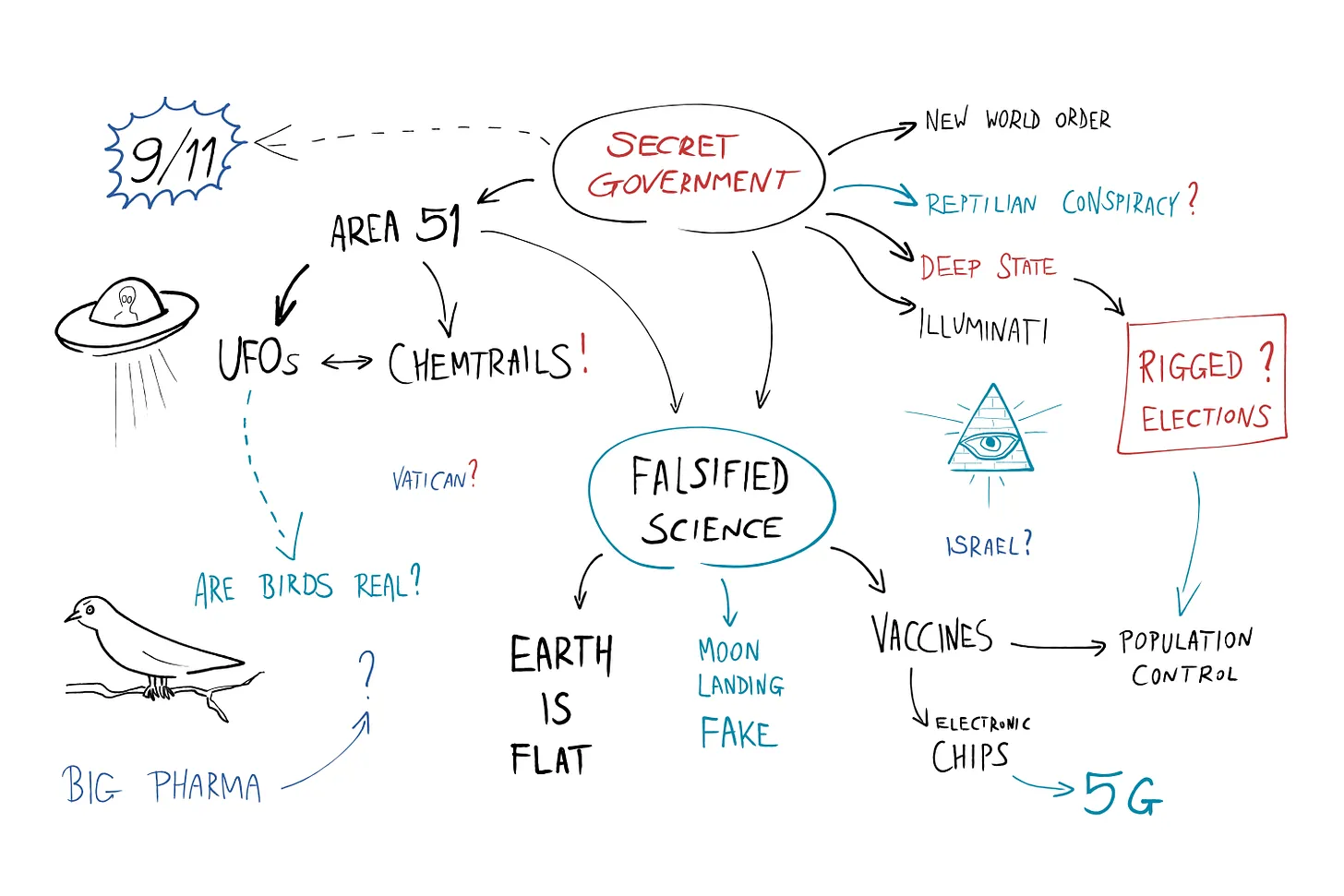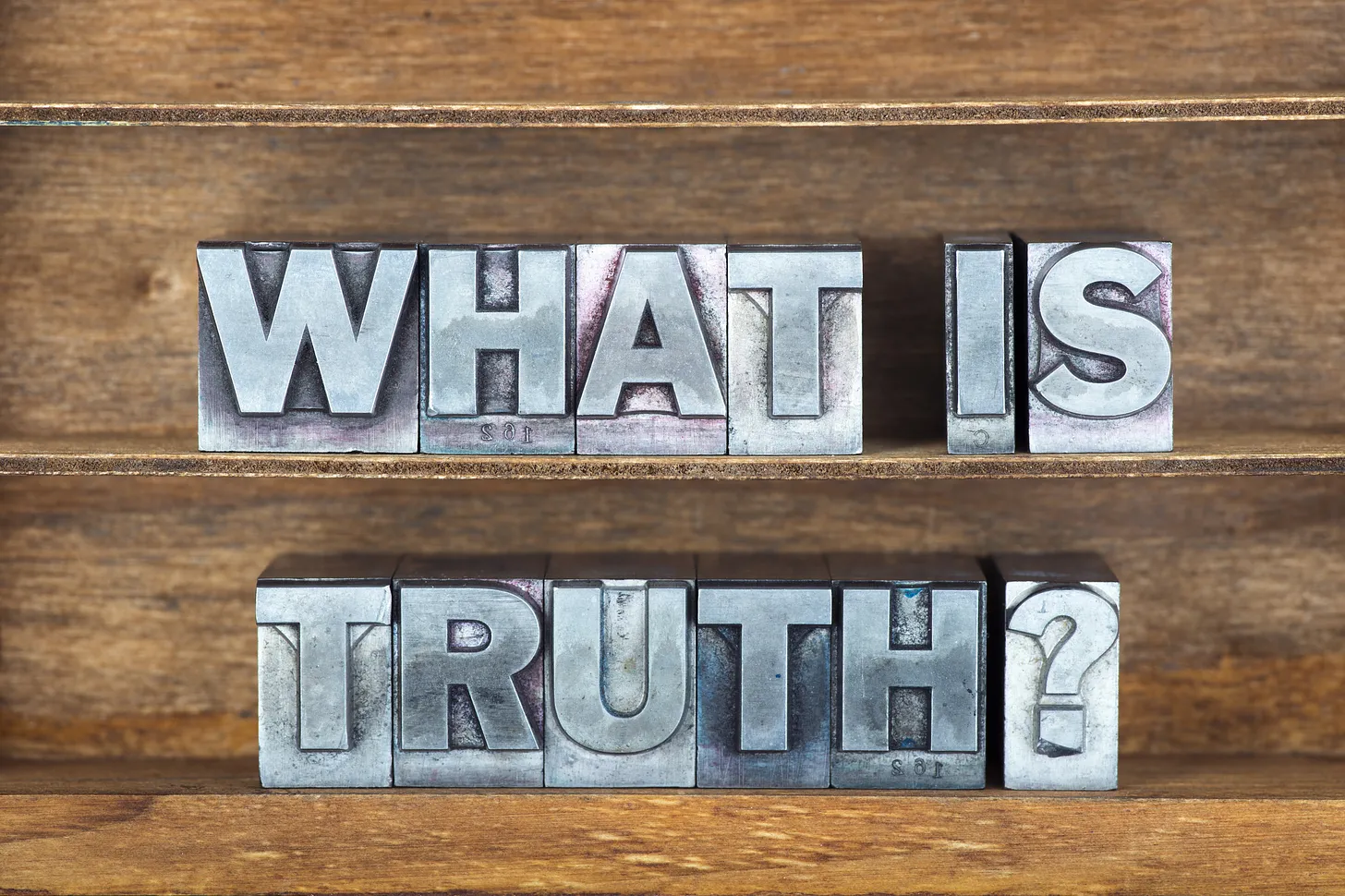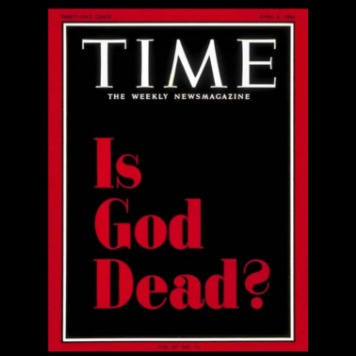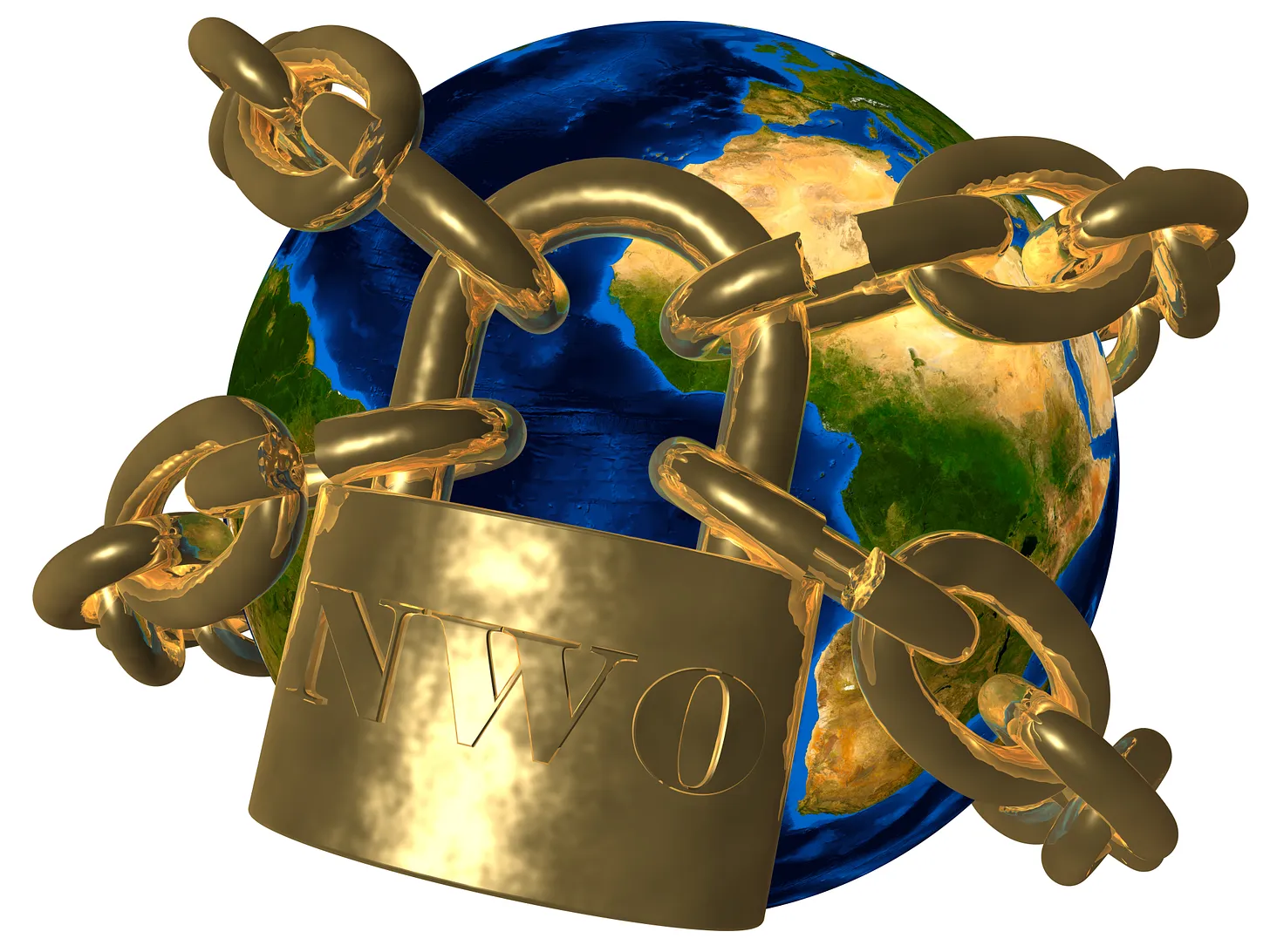I have always enjoyed a good conspiracy theory: a plausible hypothesis to explain an event or a trend that was curious or seemed bizarre or bordered on the fantastic. Often there was entertainment value, not just in the theory itself, but from watching and listening to those who are naturally suspicious, skeptical and cynical about nearly everything they see and hear.
Something changed for me in the last few decades. Speculation and spin has got way out of hand and put the lives of too many in peril.
Within our societies, there has developed a great deal of mistrust and distrust among people about what we are all seeing and hearing and otherwise experiencing around us: not a lot of goodwill exists and there is burgeoning apprehension as to the intents of this world’s governments, religions, organizations, institutions and systems.
Conspiracy theories have become a mental health concern that has caused physical harm to those who espouse them, and too often, the people around them.
When people become unhappy about, suspicious of and afraid for the events and circumstances that dominate their lives; when they feel that everything is out of control and that they are vulnerable; when their faith is shaken and all seems very bleak, they tend to look for rhyme or reason for what is happening…an explanation or a theory that would bring understanding.
Often times, that explanation or theory alleges a conspiracy by powerful people who have apparently determined to control our world and dominate our lives. We can probably think of recent examples:
- A New World Order comprised of international elites that control governments, industry and media.
- Climate Change propagated by the same or different elites who are manipulating what is naturally occurring on our planet for their ambitions and financial gain.
- COVID-19 was a plot to force mass vaccinations or sterilizations, and an elaborate population control scheme.
Of course, there are older more popular conspiracy theories that many hold dear: 9/11 was really a U.S. government operation blamed on Osama bin Laden; the U.S. government or the Mafia actually had John F. Kennedy assassinated; the Apollo moon landings never happened.
Canadians are usually a level-headed people when it comes to extreme narratives and unproven theories, but that may have changed too. On June 12, 2022, a study titled, Trust & Facts: What Canadians Believe was published by Bruce Anderson and David Coletto of Abacus Data. Here are some of their findings:
- 44% of those surveyed believe “big events like wars, recessions and the outcomes of elections are controlled by small groups of people working in secret against us”. Almost as many agree “much of our lives are being controlled by plots hatched in secret places.”
- 37% think “there is a group of people in this country who are trying to replace native born Canadians with immigrants who agree with their political views.” This is an articulation of what is commonly referred to as “replacement theory.”
- 20% believe it is definitely or probably true that “the World Economic Forum is a group of global elites with a secretive strategy to impose their ideas on the world.” Another 37% think it is possibly true or aren’t sure either way.
- 13% think it is definitely or probably true that Microsoft founder Bill Gates is using microchips to track people and affect human behaviour. Another 21% say it’s possible, or aren’t really sure.
It turns out that we aren’t so different from our neighbours to the south in the proportion of the population who embrace conspiracy theories and have no qualms about openly sharing opinions about them.
Conspiracies have been developed and promulgated from the time of the first humans on earth, but an important point about conspiracy theories is they are nearly always based on the premise that a superior force is trying to control or dominate us, take away our freedom of choice and cause harm with its influence.
To give some balance, there are conspiracy theories that do turn out to be real, once the lies and deceit behind them are revealed. Even then, how good do we feel when we find out that Volkswagen conspired to cheat emissions tests for their diesel engines, or the tobacco industry deceived the public for decades about the harmful effects of smoking, or that cell phone companies, with government and business, are monitoring our movements and can access our private conversations.
[Isn’t that just a conspiracy theory? In December, 2021, the Public Health Agency of Canada (PHAC) revealed that during COVID lockdowns, they had accessed location data from 33 million mobile devices in Canada (Canada had a population of approximately 35 million people then)]
Whether true or false, how does belief in conspiracy theories improve my life and the lives of those around me? How do we generally feel when thinking about them – happy or sad? angry or calm? comforted or afraid? AND more importantly, what do we do about them?
Matthias Desmet, a Professor in Clinical Psychology at Ghent University in Belgium authored a book that I find quite balanced in speaking to the challenges of our times: The Psychology of Totalitarianism. On page 129 he writes:
“Conspiracy thinking inflates the sizableness of the perceived enemy into infinity so that in the end one can only feel powerless compared to such a giant. In this way, conspiracy thinking also embodies an aspect of self-destruction.”
Most conspiracy theories are based on faulty reasoning, suspicion, speculation, and catastrophizing. They breed fear among us, they are self-destructive to adherents and they can be highly toxic to those they spread to.
Is it unreasonable to conclude, then, that conspiracy theories are really fear-based and not faith-based?
The Bible gives a faith-based perspective on how we should think about what is being planned by leaders and nations and organizations of this world in Isaiah 46:8-10:
“Remember this, and show yourselves men [take courage]; Recall to mind, O you transgressors. Remember the former things of old, for I am God, and there is no other; I am God, and there is none like Me, declaring the end from the beginning, and from ancient times things that are not yet done, saying, ‘My counsel shall stand, and I will do all My pleasure…’”
A helpful perspective, whether a conspiracy theory turns out to be true or not, is believing that there is a supreme omnipotent, omniscient God, that He knows what He is doing and that His will is sure to be carried out on planet earth!



